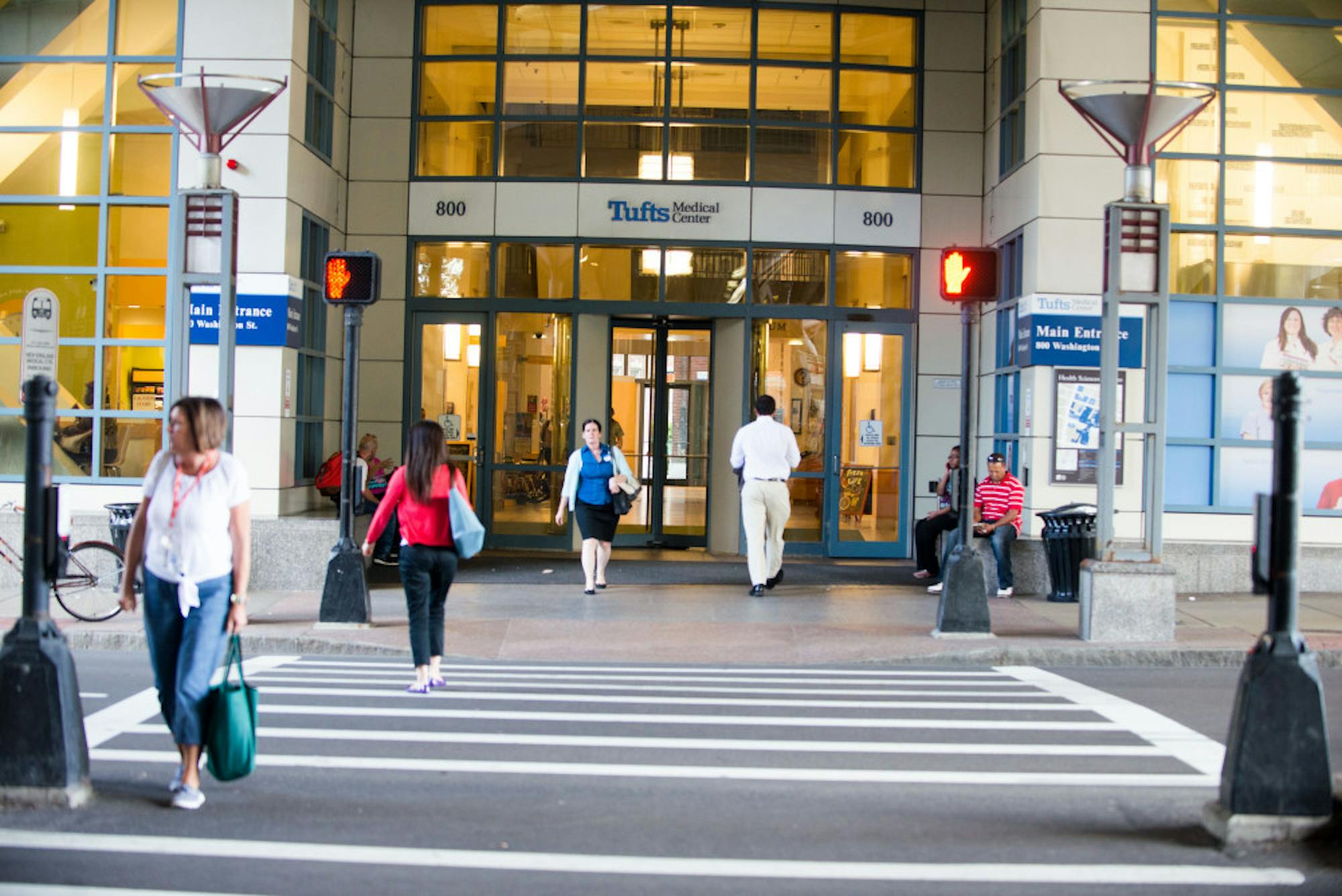To the Editor:
We were extremely disappointed to read the large number of errors, inaccuracies and misrepresentations in an article characterizing Tufts Medical Center’s relationship with the Chinatown community (“Boston Chinatown’s gentrification linked historically to Tufts Medical Center’s expansion,” published Dec. 3, 2014).
The article presents outdated information as if it was current, confuses actions taken by Tufts Medical Center and Tufts University and ignores the many external factors that have contributed to the building boom in Chinatown. It gives the false impression that the Tufts institutions were responsible for the demise of Chinatown’s YMCA -- when, in fact, the Wang YMCA flourishes as a large, popular institution that is well utilized by Tufts Medical Center staff and supported by our organization. The article relies too heavily on a gentrification paper that was written nearly 20 years ago in 1997,particularly since Tufts Medical Center has not erected a single new building in the neighborhood since that paper was written.
Tufts Medical Center, like Tufts University, takes great pride in being part of the Chinatown community and has established many programs in partnership with Chinatown leaders. That is why it is most troubling that your article completely overlooks the positive role that Tufts Medical Center plays in the Chinatown community, both as a major employer in the neighborhood and the health care provider of choice for thousands of Chinatown residents each year. Two decades ago, with input from Chinatown leaders and organizations, Tufts Medical Center established the Asian Health Initiative (AHI) to meet the health needs of the community, not just in the hospital setting, but in the community setting. We have been diligently working to establish strong relationships to benefit this vibrant community. The AHI has collaborated with community organizations, developed and supported a number of programs over the years to meet the health needs and priorities of the local Asian community, including those that address heart disease, asthma, breast and cervical cancer, diabetes, mental health and youth violence prevention, among many others.
Tufts Medical Center is privileged to collaborate with and support a number of service providers in the neighborhood, such as the Greater Boston Chinese Golden Age Center, Asian American Civic Association, Boston Asian Youth Essential Service, Boston Chinatown Neighborhood Center and the Josiah Quincy School.
Together with Chinatown organizations, we will continue to seek opportunities to provide needed services and programs for community members and build upon the comprehensive, vital partnerships we’ve established. A strong relationship with this neighborhood is an important component of our overall mission to provide high quality healthcare to all.
Sincerely,
Brooke Hynes, VP of Public Affairs and Communications, Tufts Medical Center
Sherry Dong, Director of Community Health Improvement Programs, Tufts Medical Center
Letter to the Editor

The Tufts Medical Center exterior during sunset on Aug. 28, 2014.




